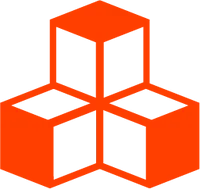@threlte/core
Plugins
If you want to learn more about authoring plugins, see the plugins section of the learn guide.
injectPlugin
The function injectPlugin adds a plugin to all descendant <T> components of the component that
invokes it. This means that you can add plugins to a specific part of your scene graph without
affecting the rest of the scene graph.
import { injectPlugin } from '@threlte/core'
injectPlugin('plugin-name', (args) => {
// We are *inside* a `<T>` component instance
// args is reactive and holds a reference to `ref`,
// `makeDefault`, `args`, `attach`, `manual`,
// `makeDefault`, `dispose` and all other props
// declared on the `<T>` component.
// Use effects to react to changes in args
$effect(() => {
console.log(args.ref)
})
// Use lifecycle functions
onMount(() => {
console.log('mounted')
})
return {
// These props are reserved for this plugin, the
// `<T>` component instance will not act on them.
pluginProps: ['plugin-prop-a', 'plugin-prop-b']
}
})You may also override a plugin namespace further down the tree by calling injectPlugin again with the same plugin name.
injectPlugin is relying on a context provided by your root <Canvas> component and can therefore only be used inside a <Canvas> component.
